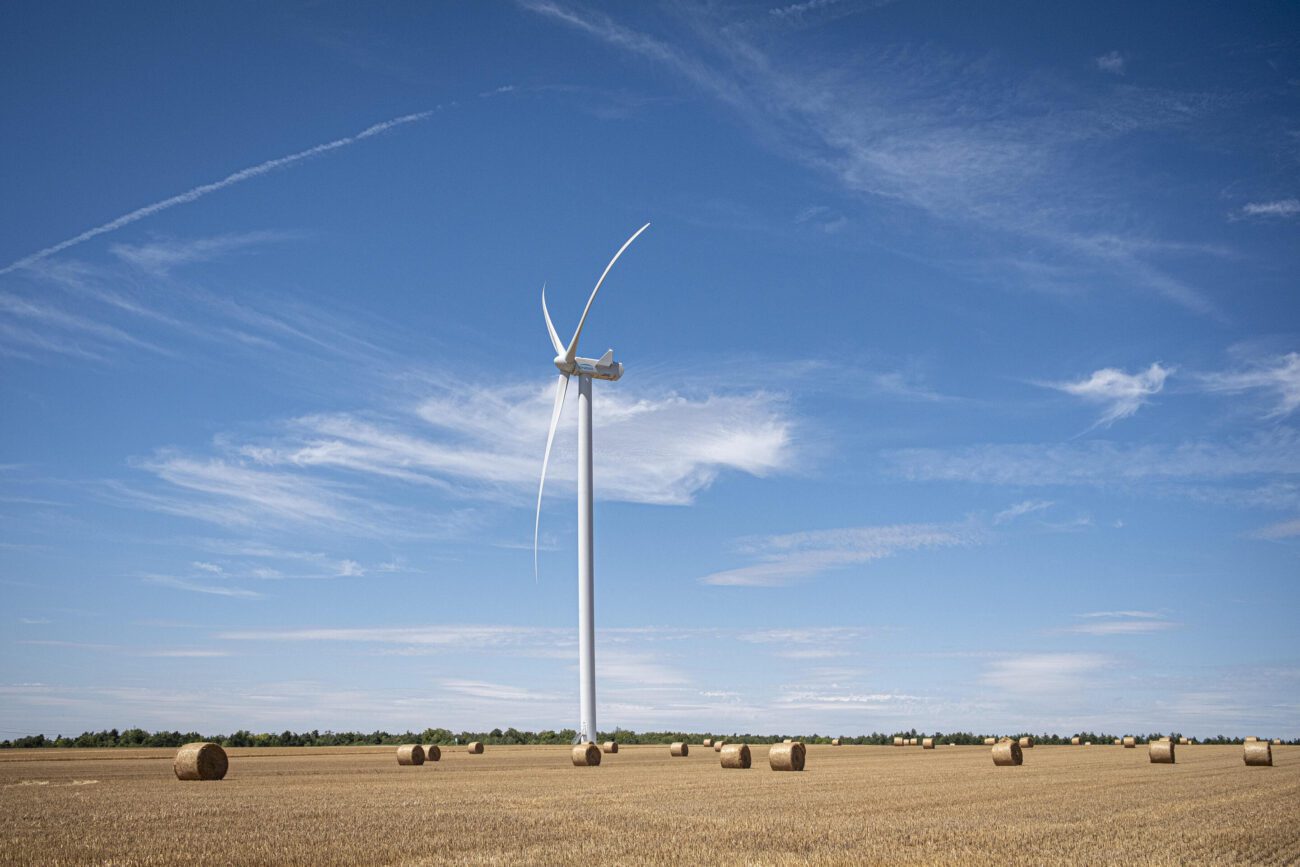Risk and data management, two expertise for one goal: accelerating the renewables’ development
A new year has begun with great expectations, notably in terms of green energy. Linked with its vision, ENGIE has already opened the way for the past few years with its dedicated solutions and its proven expertise on the matter. Here is how things are done at ENGIE and more precisely within the Group’s Global Business Unit ENGIE - International Supply & Energy Management. Alexandre Cosquer, member of the executive committee, has answered our questions.
- Article
- 21/02/2021

ENGIE – International Supply & Energy Management: what is it for ENGIE?
With 2,300 employees worldwide, and offices in 16 countries – including the United States, Europe and Asia-, our business unit operates on wholesale energy markets. We provide services to ENGIE and our external clients, such asset optimization, gas and electricity supply, risk management solutions and energy transition-focused solutions, and the GBU obviously also accompanies the Group regarding assets management, particularly as it is subject to market risk.
As markets are in our DNA, we aspire to be a carbon neutral solutions leader, whether for power, or gas – green gas in the near future -, or the tomorrow hydrogen energy. In a word, enabling renewable energies introduction into energy system and simplify renewables access to all.
What are renewables exactly for the energy market? And how ENGIE – International Supply & Energy Management is acting for the renewables acceleration within the Group, especially on the so called intermittency notion?
Renewable energies are mainly about solar, wind and hydraulic energies, but also biomass and geothermal energy.
Solar and wind are definitely the two fastest growing technologies nowadays, with the major advantage of zero marginal cost and abundance. But there is one important drawback: their intermittency. Indeed, as wind or sunshine are not predictable and impossible to control, those assets are not “dispatchable”, as opposed to a combine cycle gas turbine (CCGT) that can be turned on or off on demand. Therefore, for a market operator like ENGIE – International Supply & Energy Management, this intermittency risk is the market risk, linked to prices fluctuations, amongst the major other market hazards. Our role is to transform upstream “as produced” renewable production to serve the “as consumed” needs of our downstream clients (B2C, B2B and industrials).
Renewables are also remarkable on the very large number of production assets they require. Thus, replacing a conventional thermal power plant requires several hundred wind turbines, which then require collecting, storing and analyzing a lot of data. For instance, to manage a portfolio of 5,000 wind turbines, numerous weather forecast data –including real-time data on production, wind speed, electricity production, etc- updated every hour on 15-minute patterns are analyzed with probabilistic scenarios. All in all, no less than a billion data points are processed every day. As a consequence, our teams have developed a double expertise: the first one being the risk management expertise, our core business, especially about price and intermittency risks, and the second being the data management expertise.
Renewables are transforming in depth the way our teams work. Data, digitalization and risk management are key enablers to bring value to our clients to help them in their decarbonation journey.
Renewables represents tomorrow’s energy, but how does ENGIE face the inherent challenges of this promising and complex market?
It is really important to understand that our mission is to accelerate the energy transition for our customers asking for it, and therefore to be ready to offer the requested renewable electricity over fairly long periods of 10 to 15 years. Meanwhile, faced with the State subsidies reductions, ENGIE – International Supply & Energy Management has also another task consisting in helping renewables producers who need to have guaranteed regular prices. As the consumer’s needs are never exactly what the producer can ensure, we have a key role to hold between production and consumption of renewables, notably thanks to our core business: risk management expertise and data knowledge. To balance in real time the portfolio, consumer and productions costumers, our teams offer their services to our customers 24/7 through technology and digital.
To conclude, as ENGIE is leading the way towards carbon-neutrality, ENGIE – International Supply & Energy Management supports the Group in its objective thanks to its skills in data & risk management and serve more than 190,000 clients with its worldwide-based teams.
Discover our video:
MEDIA: